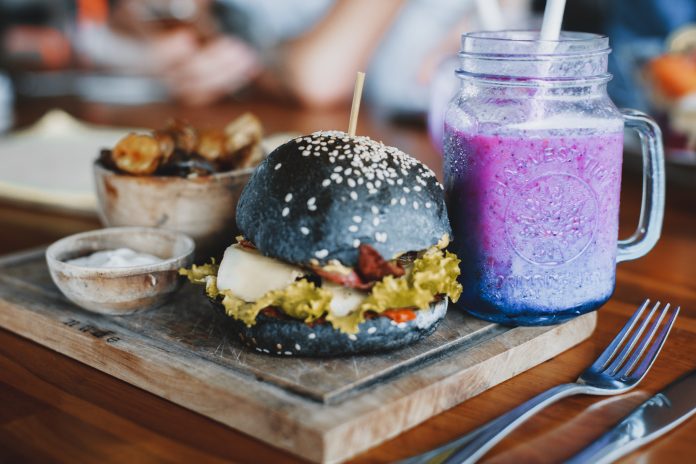In today’s world, healthy and clean are synonymous with good eating, which is what is so far the hallmark of healthy eating. However, orthorexia is a relatively new diagnosis, which has only recently entered the public consciousness through the book Health Food Junkies published by Dr. David Burns.
The term ‘orthorexia’ means the consumption of inappropriate diet, in this case the consumption of foods that are considered ‘junk foods’ or, conversely, foods that are not meant to be eaten. In most cases, people suffering from this condition will begin to obsess about weight and shape and the manner in which they look. They become obsessed with food labels like “low fat,” and are unwilling to eat foods that they consider ‘no good,’ or ‘not good enough for me.’ They become desperate, even to the point of suicide.
While dieting can be very healthy eating can be very fulfilling, the use of such extreme measures as starvation and laxative abuse often leads to serious illness. Some who suffer from this condition have been known to have a decreased IQ, increased heart rate, severe liver disease, liver failure, and other medical conditions. Others have even committed suicide.
Although it is possible to have your body slimmed down and still lose weight and be happy, in the long run, it may not be worth the risk or expense of undergoing these extreme measures. It is important to note that while the effects of extreme dieting and the use of laxatives and starvation are very real, there are many ways to lose weight without resorting to such practices.
There is no ‘one size fits all’ when it comes to losing weight and maintaining a healthy body. People have different metabolism rates and different tolerance levels, as well as different physical conditions and their general health. For example, a person with a low metabolism may be able to lose weight very easily, but if he is prone to sickness and is unable to maintain his body’s optimal nutritional level, then the weight loss may be short-lived. A person with diabetes might be able to loose weight very quickly but if his body is not able to regulate the amount of insulin in his blood stream of blood, then the weight loss may also be short-lived.
A healthy eating plan, combined with a sensible exercise, can help you reach your goal. If you find yourself with a weight problem, do not try to force yourself to lose more weight than you can afford, as this can lead to a number of health issues. Rather, choose one food or a variety of foods and eat them in small amounts throughout the day and increase your intake gradually over time, and monitor your progress.
Do not let food become a chore, but instead eat as much as you can, and enjoy every bite. Eating only certain types of food, such as white flour bread, potatoes, and white rice, or sweets can lead to weight gain and you will feel hungry during the day. It is best to choose a portion size that you can comfortably eat in two bites.
Eat healthy by avoiding foods with preservatives and additives and avoid food that is high in saturated fats. Avoid foods that contain refined sugars and sugar substitutes, which are high in carbohydrates and calories and are often considered bad for you.
You can incorporate healthy foods into your diet by choosing fruits, vegetables and whole grains over the unhealthy fast food and fatty food, because these are less likely to have harmful additives and preservatives. By making small changes in your eating habits, you can lose weight and maintain a healthy body.
Weight gain or loss is a gradual process and you should not expect to lose weight overnight. As you lose weight, you will eventually begin to notice the effects on your appearance, and health. It may take a few months before you start to see the changes in your mood, energy level and concentration, among other things.
When healthy eating isn’t healthy, you can also avoid unhealthy food by making it part of your weekly routine. If you feel like you need some extra motivation to stick with your diet and exercise program, then you can always grab a snack after a workout or some quick healthy meal that is high in protein and fiber, or some snacks between meals.


